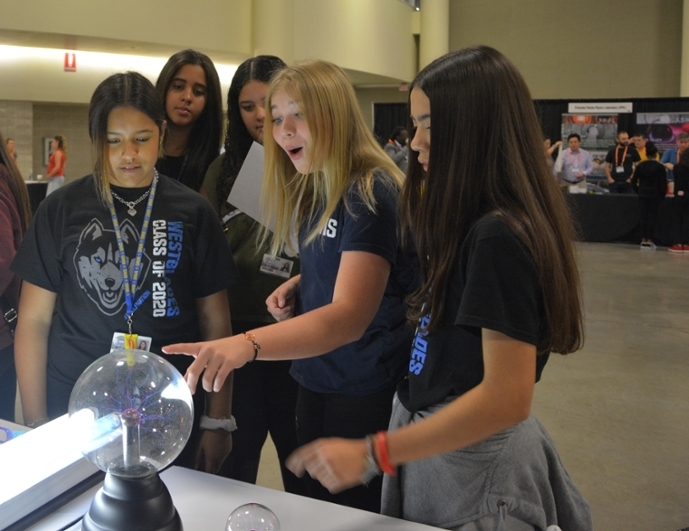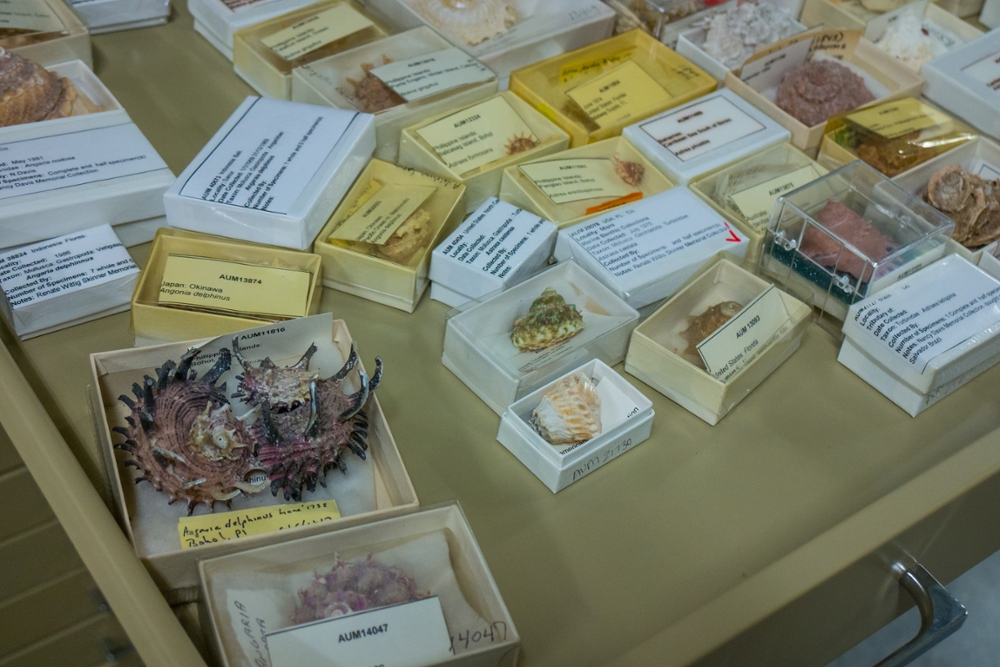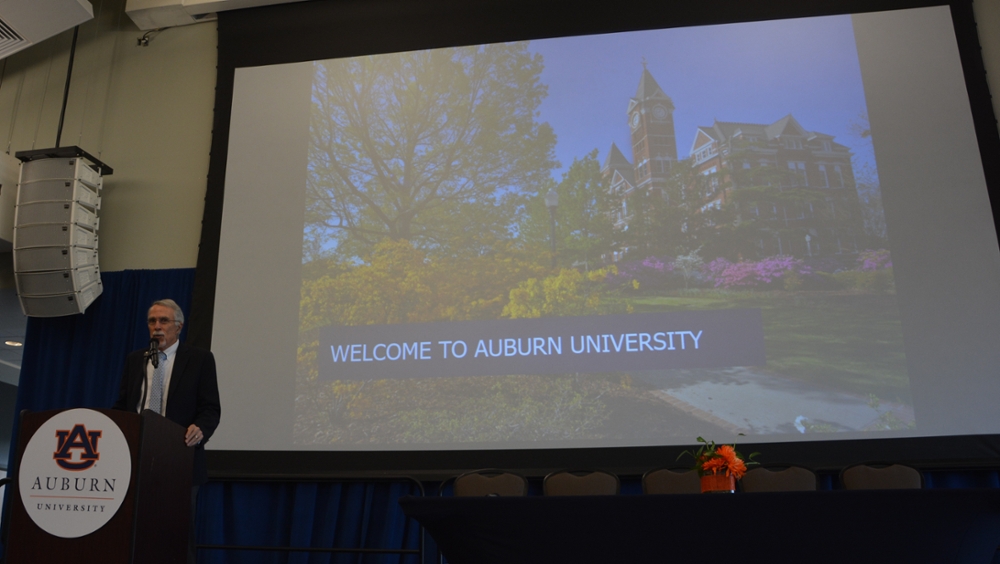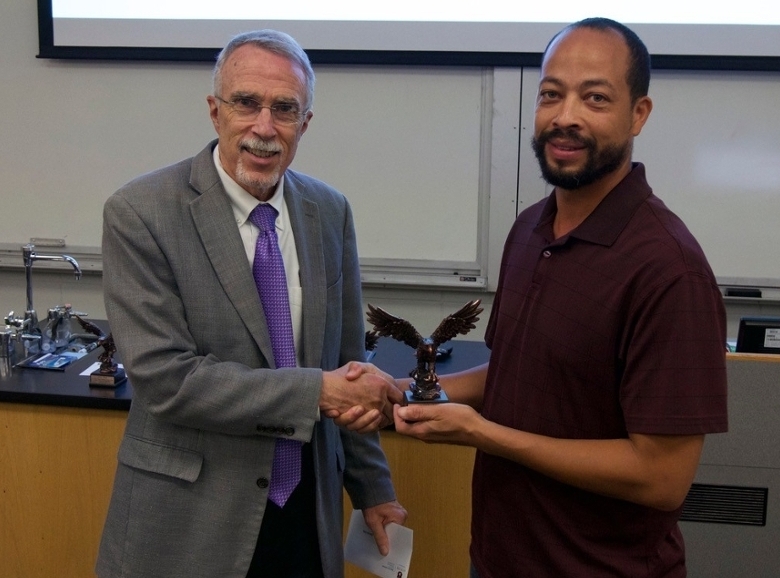
COSAM Today is a newsletter that provides alumni and friends of the Auburn University College of Sciences and Mathematics, or COSAM, with a smart way to stay on top of the latest news and updates from the college.
Tuesday, November 19, 2019
1

“We are here to help encourage the next generation of scientists,” explained Dr. Ed Thomas, Jr., the Charles W. Barkley Endowed Professor and Associate Dean for Research and Graduate Studies. Find out more about what students learned at this educational expo and watch a video showing students engaged in science activities.
2

“I met him early in my career here at Auburn, and now (after 31 years here) I recognize just how lucky I was to have a student like him join my lab,” shared COSAM’s Associate Dean for Academic Affairs, Dr. Robert Boyd. "His curiosity about biology was (and is) inspiring, and he was an outstanding teacher too! I’m proud of what he’s accomplishing there at the Nat." Check out what this COSAM alumnus is doing at the San Diego Natural History Museum.
3

“It’s written for non-scientists and biologists to be able to understand the science of certain technologies that I consider transformative technologies, in that they could transform society – things like human cloning, gene-editing, age retardation, robotics, brain-computer interfacing, artificial intelligence, and nanotechnology,” Dr. Bradley explained. “Half of each chapter explains the science part for non-scientists and the second half brings up the ethical issues that could arise from the use of the technology.” Learn more about his new book.
4

Congratulations to F. Ivy Carroll. He was honored by the Research Triangle Park Rotary Club at the North Carolina Biotechnology Center for his work in drug discovery and medicinal chemistry. Read more about the impact he has made throughout his career.
5
6

“A collection is like a library, but the difference is you can reprint a book,” Dr. Armbruster said. “Maybe it’s not the cool and first original volume of it, but all the information is still there. Nature is constantly changing, it’s changing by itself and we’re obviously changing dramatically as well. So, these organisms represent a snapshot in time, so they may preserve within them chemicals that we’ve put out into the water or into the air or who knows what other information. So, you can actually trace what has happened to these organisms over time.” Read more about the collections at Auburn's Museum of Natural History.
7

“John Oakberg is an Auburn alumnus that was part of a team that won the Nobel Peace Prize in 2005,” said Dean Nicholas J. Giordano from the College of Sciences and Mathematics as he welcomed students at the STEM High School Visitation Day. “The next Nobel Peace Prize winner from Auburn University might very well be in this room today.” Find out more about this year's event and see a video recap from it.
